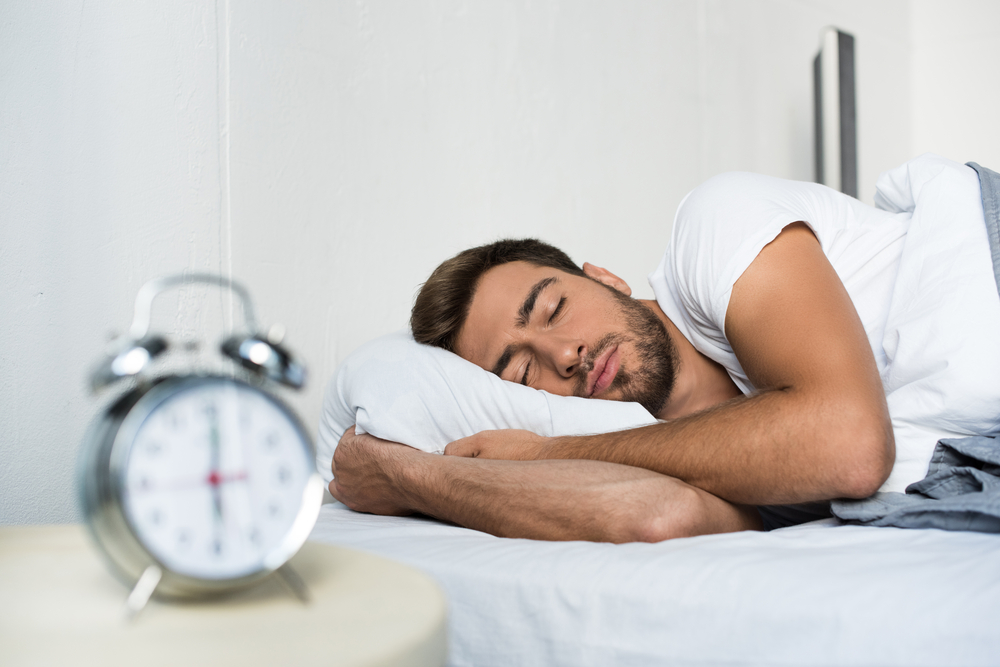Many experts agree that the three ingredients of a successful training programme are nutrition, exercise and sleep. Of the three, sleep is often the hardest to achieve. After all, unlike the other two, it is almost impossible to use will power to force yourself to sleep. For many people, a good night’s slumber can feel like an unreachable goal. Even if you find difficult to get six to eight hours a night; there are a number of practical things you can do to increase both the; the quality and the quantity of sleep that you obtain. Take a look at some of our practical tips to enjoy a better sleep:
Practical Tip For Better Sleep# 1: Adjust your timetable to allow for sleep
In the same way that you make time in your schedule for your workout, it’s also vital to free up time to sleep. Prioritise your sleep time: not only will you feel more rested, but sleep is the state when tissue regeneration, renewal and growth occurs – sleep promotes muscle growth!
Practical Tip For Better Sleep# 2: Go to bed to sleep
Use your bed for sleeping, rather than watching a film or checking social media. Not only can screen light interfere with sleep patterns, but your brain also needs to be winding down prior to sleep, rather than actively engaged.
Practical Tip For Better Sleep# 3: Deal with your stress
If anxiety about past or future events is interrupting your sleep, you owe it to yourself to find ways to deal with the unpleasant thoughts and sensations you’re experiencing. Whether you opt for mindfulness, meditation, counselling or simply talking things through with a friend, if stress is interrupting your precious sleep, it needs to be addressed.
Practical Tip For Better Sleep# 4: Practice good sleep hygiene
The importance of the right sleeping environment and a good bedtime routine can’t be over-estimated. Bedrooms should be cool and dark. Customise your bedtime routine to suit: experiment with different ideas until you find a combination to suit. Each person responds slightly differently to tried-and-tested sleep inducers. For example, some folk finds that a hot bath works wonders, others find it makes them more alert. Discover what works for you and stick with it!
Remember that overtraining and the wrong nutrition can also have a knock-on effect on both sleep quality and quantity. Keeping a sleep diary can be a good way of identifying if particular activities or dietary choices have a negative effect, enabling you to pinpoint where changes need to be made. We hope these suggestions help – let us know at Advantage Personal Training if you have any other useful tips for better sleep.


Leave A Comment